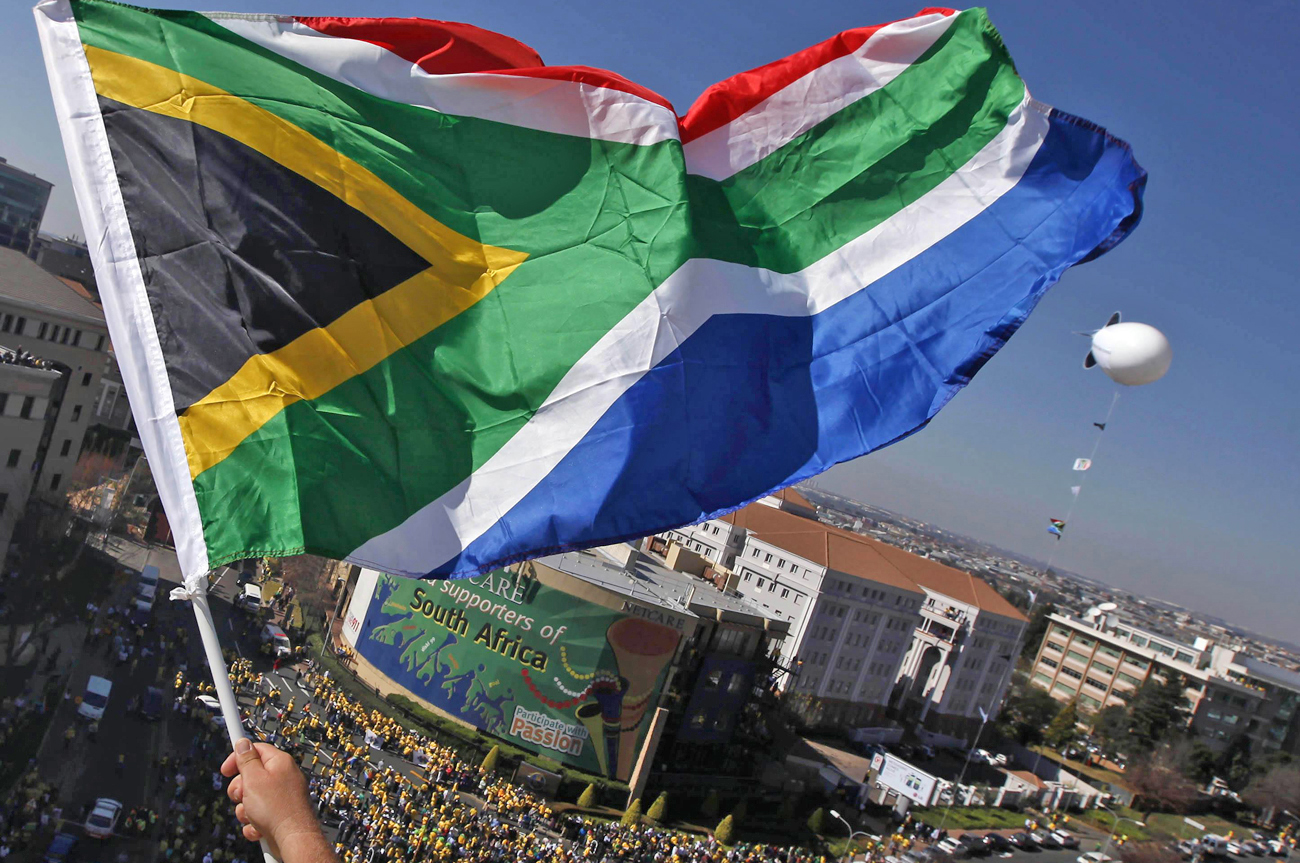A total of 77.1% of respondents in the 2019 IJR’s report think that South Africa needs reconciliation while 56% of respondents believe that South Africa has made progress regarding reconciliation since apartheid ended.
A total of 84% of respondents felt that reconciliation was impossible to achieve as long as corruption continues, 73% felt that reconciliation was not possible as long as those who were disadvantaged under apartheid remained poor in post-apartheid South Africa.
Gender-based violence was seen as an obstacle to reconciliation by 72% of respondents.
The reconciliation findings are similar to a 2017 report where 56.1% of the respondents felt that progress had been made regarding reconciliation and 73.5% of the respondents thought there needs to be reconciliation.
At the launch of IJR’s 2019 reconciliation barometer survey on Thursday, Jan Hofmeyer, the IJR’s head of policy and research, said: “This project is very close to us. We’ve done 16 rounds (of surveys) of this. It’s the longest-running survey in our country and it’s given rise to similar surveys across the country which we’ve assisted with.”
The reconciliation barometer surveys South Africans on their perceptions on reconciliation, apartheid legacy, national identity and nation-building, interpersonal trust, safety and political culture.
For this year’s survey, 2,400 people were interviewed. “It was face-to-face and voluntary, participants were able to opt out of the interviews and no incentives were given to participants for their participation,” said the lead author of the survey, Elnari Potgieter. The surveys were done countrywide between July and August.
When participants were asked what reconciliation meant to them, 40.8% responded that it meant forgiveness, 33.3% responded that it meant peace and 31.1% responded that it meant moving on from the past.
Abraham Serote, the director of social cohesion from the department of sports, arts and culture, said that based on the IJR’s survey and public discourse “there seems to be a contestation as to what national reconciliation means. There is a (common) narrative that reconciliation is about the oppressed people forgetting what happened to them, this narrative had a lot of traction in the early days of the TRC”.
“South Africans’ understanding of what reconciliation is has implications regarding whether they have experienced reconciliation, whether they think it is needed and whether they think South Africa has made progress with the reconciliation progress,” reads the report.
Potgieter thinks that truth-telling, justice and mercy are the necessary components to achieving reconciliation. “You can’t have one without the other. You can’t have truth-telling and no justice. You can’t offer people justice without the repairing process, they all work together,” said Potgieter.
Potgieter emphasised that for any kind of social cohesion to be achieved there needed to be a sense of trust between people and the state.
“Trust can be seen as an indicator of the ‘glue’ that binds a society together, serving as the foundation of the relationships needed to overcome tensions and create an environment favourable to sustainable ties within a society,” reads the report.
With all the corruption, unemployment and inequality it’s no wonder that respondents have little to no faith in state institutions. “The National Prosecuting Authority (NPA) garnered the least confidence in 2019 with 32.2% of South Africans reporting confidence in the institution, although there is a 2% increase in confidence from 30.2% in 2017,” reads the report. The second least trusted institution is local government with 33.5% of the respondents reporting confidence.
In 2006, 29.6% of respondents expressed confidence in Parliament, in 2019 this had dropped to 14.6% of respondents reporting confidence. “Sentiments regarding a lack of consequences for corrupt government officials and ineffectiveness of government to curb corruption further paint a picture of limited confidence in elected representatives and government officials.”
The most trusted institution was the SABC “with 57.7% of South Africans stating that they have ‘quite a lot’ or ‘a great deal’ of confidence in the institution”. And 48.4% of the respondents have ‘quite a lot’ or ‘a great deal’ of confidence in the current President, Cyril Ramaphosa which is up from 24.5% in 2017 when Jacob Zuma was the president.
Hofmeyer said that the lack of trust in state institutions was a global trend. “People are becoming impatient with leaders and losing trust in them,” said Hofmeyer. DM
This article is more than 5 years old
South Africa
‘Truth-telling, justice and mercy are key to achieving reconciliation’
The majority of South Africans - 77.1% - surveyed in the Institute for Justice and Reconciliation’s (IJR) latest report believe that the country needs reconciliation. Many have also lost trust in public institutions.





